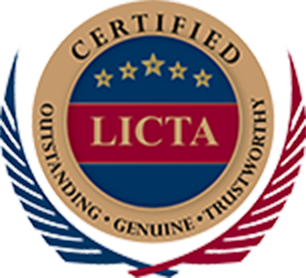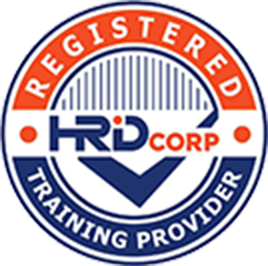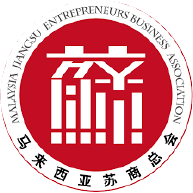 Introduction
Introduction
Malaysia R&D double deduction is a tax incentive provided under the Income Tax Act 1967 (ITA) to encourage innovation. Companies conducting qualifying research and development (R&D) activities may claim either a single deduction or a double deduction for approved expenditures. These incentives reduce taxable income while supporting scientific and technological growth.
Types of R&D Deductions
Single Deduction – ITA Section 34(7)
- Applies to revenue expenditure incurred on qualifying R&D activities.
- Approval is not required, but records must be kept separately.
Double Deduction – ITA Section 34A
- Granted for approved in-house R&D activities.
- Excludes capital expenditure such as buildings, land, and machinery.
- Pioneer companies are not eligible under Section 34A.
Double Deduction – ITA Section 34B
- Applies to:
- Cash contribution to an approved research institute
- Payments for services from an approved research institute or company
- Payments to an R&D company or contract R&D company
- Excludes capital expenditure.
Qualifying R&D Expenditure
1. Raw Materials
- Directly used in R&D activities.
- Must exclude fixed assets.
- Includes moulds/dies with lifespan <1 year.
2. Manpower
- Only basic salary of research employees qualifies.
- Must apportion cost if employee works part-time on R&D.
- Excludes EPF, SOCSO, bonuses, medical fees, and benefits-in-kind.
3. Technical Services
- Consultancy, analytical services, testing, and evaluation.
- Payments overseas >30% of total R&D cost → not eligible for double deduction, but allowed as single deduction.
4. Travelling Costs
- Eligible: travel to R&D stations, exhibitions, vendor meetings.
- Allowance capped at RM400 per person.
- Course/seminar fees directly related to R&D are claimable.
5. Transportation Costs
- Transporting raw materials for R&D qualifies.
- Must apportion based on quantity used.
- Excludes fixed assets, postage, and non-R&D transport.
6. Maintenance Costs
- Directly related to R&D vehicles, machinery, and buildings.
- Excludes capital improvements, cars for consultants, and non-R&D plant.
7. Rental
- Vehicles, machinery, and buildings directly used for R&D.
- Apportionment required if shared use.
- Excludes rentals for administration, production, or personal use.
8. Other Expenditures
- Utilities (water, electricity), courier, stationery, lab costs.
- Excludes books, magazines, insurance, and taxes.
Tax Treatment of R&D Expenditures
According to Public Ruling 10/2021:
- If charged to Profit or Loss Statement → add back, then deduct twice the amount.
- If capitalised in the Balance Sheet → deduct twice the qualifying expenditure in tax computation.
- Pioneer companies → may only claim direct revenue expenditure under Section 34A(4).
Key Takeaways
- Single deduction → Section 34(7), revenue expenditure.
- Double deduction → Section 34A (in-house, approved), Section 34B (donation/service payments).
- Excludes capital expenditure.
- Strict record-keeping required.
- Overseas R&D expenditure limited to 30%.
- Pioneer companies have restrictions.
FAQ
Q1: What is the main difference between single and double deduction?
Single deduction applies to revenue expenditure without approval, while double deduction requires approval and provides a higher tax benefit.
Q2: Can pioneer companies claim double deduction?
No. Pioneer companies may only claim direct revenue expenditure under Section 34A(4).
Q3: Are capital expenditures eligible?
No. Land, buildings, plant, and permanent structures do not qualify.
Q4: Can overseas R&D services qualify for double deduction?
Only if ≤30% of total R&D cost. Otherwise, the expenditure qualifies for single deduction.
Q5: What records must be kept?
Companies must maintain separate accounts for each R&D activity, regardless of approval status.
For more details, you may refer to the link below:
ANC Group – Your Personal Tax Advisor
Tax consulting is the core service of ANC Group. Our tax professionals provide clients with comprehensive tax support and guidance. We offer tax consulting and compliance services for expatriates, entrepreneurs, and listed and non-listed companies.
Our tax consulting services include business tax, transaction tax, personal tax, and corporate income tax. We don’t just guide you in interpreting and applying complicated taxation rules, but to explore new opportunities and business trends.
ANC Group keep you abreast with Malaysia tax updates and any changes in the local regulations.
We work closely with industry specialists, authorities, and associated professionals within ANC Group to provide the best-in-class integrated tax planning solutions. ANC specialists coordinate the accounting and taxation services to bring your business to success.
If you need professional tax advisory services regarding the Malaysia Income Tax Act 1967, our team is ready to assist you. Contact us here to discuss how we can support your business.







